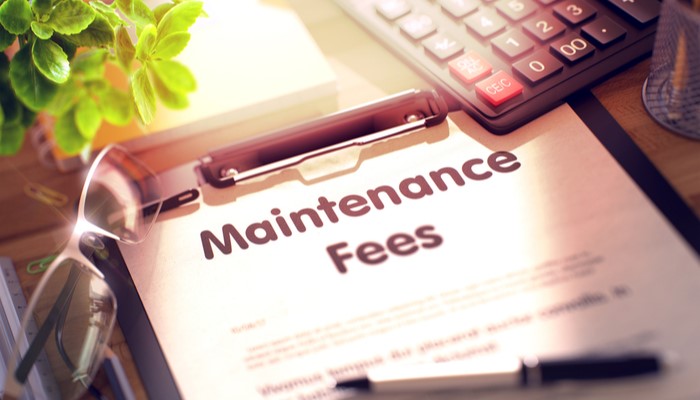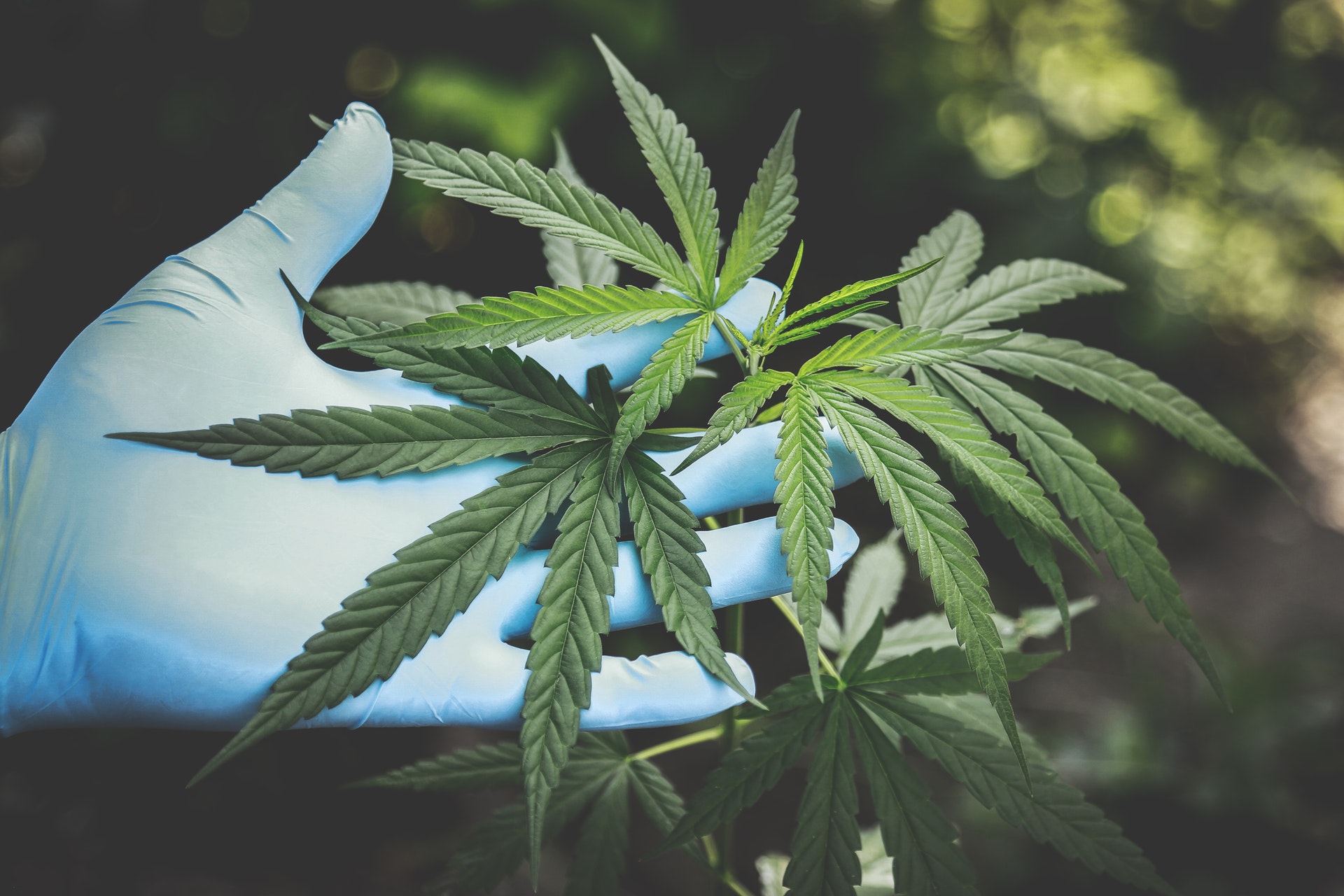Navigating Insurance Complexities for Cannabis Operators

Similar to standard businesses such as real estate brokerages, transportation companies, and payment processors, plant-touching businesses like growers, processors, and dispensaries in the cannabis industry require comprehensive insurance coverage. Despite the rapid expansion of the cannabis sector within the U.S. economy, driven by increasing state legalization for both medicinal and recreational use, the insurance industry has been slow to respond to the growing demand. This delay results in inconsistent coverage, elevated premiums, and significant uncertainty for cannabis businesses.
General liability plans typically cover claims for non-cannabis businesses; however, insurers often hesitate to provide equivalent coverage for cannabis-related enterprises due to the prevailing legal ambiguities. The increasing popularity of cannabis-infused products, such as edibles, exacerbates the risk of product liability and safety recalls. The psychoactive nature of cannabis further elevates the likelihood of mislabeling or adverse effects. Cannabis businesses face risks comparable to those in the agricultural and manufacturing sectors, including workplace accidents, property damage, and crop failures. Additionally, they confront unique risks such as fire hazards, theft, and product liability claims. A primary obstacle to obtaining adequate insurance coverage is the federal illegality of cannabis, which deters insurers due to the threat of federal prosecution. Consequently, customized policy language tailored to the cannabis industry is essential for ensuring sufficient coverage.
Cannabis operators encounter specific insurance challenges, including legal concerns and coverage limitations. They may face liabilities in workers’ compensation cases or complications from failing employment drug screenings. Insurers may restrict the use of cannabis for treating certain medical conditions. In auto insurance, rates can be influenced by the increased risk associated with drivers under the influence of cannabis. The absence of standardized roadside detection methods for drug-impaired driving further complicates matters. Additionally, the diverse range of side effects and physiological reactions among users increases the risk of inaccurately assessing a driver’s impairment during incidents.
The cannabis industry may also face claims related to manufacturing and design defects, in addition to failure-to-warn claims. Manufacturing defect claims assert that a product was improperly made and deviates from its intended design, while design defect claims allege inherent flaws in the product’s design. These issues can arise in various scenarios within the cannabis sector, including cases involving chemical use in agriculture and malfunctions of vaping devices leading to injuries.
It is imperative for cannabis operators to be aware of the types of risks that cannabis business insurance typically does not cover. These include risks associated with the illegal cultivation or sale of marijuana and losses caused by federal laws. For instance, if a business is raided by federal law enforcement and products are seized, compensation for the losses is unlikely. Another major concern is damage caused by pests or mold, which are often excluded from crop insurance policies due to the inherent risks involved in cannabis cultivation.
In May 2023, the Alabama Department of Insurance released Bulletin No. 2023-03, titled “Creation of a Medical Cannabis Insurance Market in Alabama.” This Bulletin outlines upcoming requirements for insurers to submit filings related to “commercial property and casualty medical cannabis-related rates, rules, or combinations” to the Alabama DOI under the state’s File and Use System. The Bulletin encourages insurers to submit rates and forms for marijuana licensees but doesn’t specify when these requirements will take effect or set a deadline. Once the process is in place, the rates will stay in effect for three years or until the DOI gathers enough data to set accurate rates.
The Bulletin likely responds to the closing of the state’s cannabis license application period in late 2022 and the issuance of medical cannabis business licenses in June and August 2023. Applicants for these licenses had to provide an insurance plan, including documents from A-rated insurers, covering areas like casualty, workers’ compensation, liability, and auto or fleet policies where applicable. Alabama’s regulations also make it clear that applicants who can’t show they have adequate insurance coverage won’t be eligible for a license.
The Alabama DOI’s goal with this Bulletin seems to be gathering information to help them create and enforce clear rules for marijuana-related insurance products, including coverage and rates, to effectively manage this growing market.
Navigating the complex landscape of insurance is crucial for cannabis operators to mitigate risks and safeguard their businesses. By understanding the specific challenges and limitations of insurance coverage in the cannabis industry, operators can make informed decisions and seek customized policies that address their unique needs.
Recent News























































